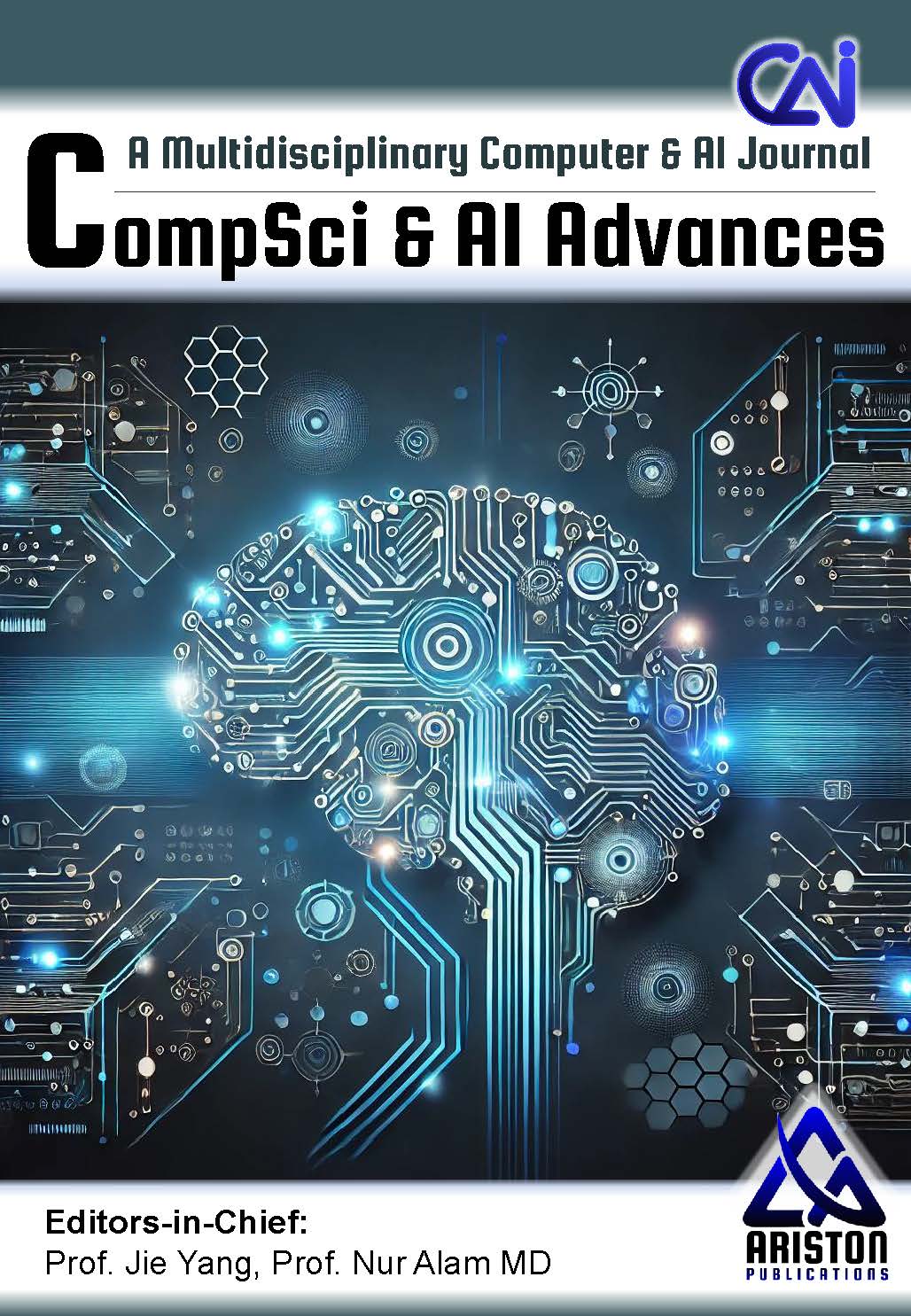Saravanan Kandaneri Ramamoorthy, Praveenkumar Babu, S.Sakena Benazer
1 College of Non-Medicine University: Texila American University, Guyana, South America.
2 Department of Electronics and Communication Engineering, SRM Institute of Science and Technology, Ramapuram, Chennai-600089, India.
3 Computer Engineering Department, Noble University, Junagadh, Gujarat, India.
* Author to whom correspondence should be addressed:
saravananaec@gmail.com (Saravanan Kandaneri Ramamoorthy)
ABSTRACT
Cloud computing permits to access computing resources on demand over the Internet according to pay per-use model. It provides and enables infinite pool of virtual resources at Data centers (DCs) through allocation of Virtual Machines (VMs). These, resources can be provisioned in and out at any point in time to suit the current application needs. However, efficiently selecting and allocating of DCs on these platforms to achieve resource utilization is a challenging problem and is referred to as Resource Management. Among the various activities of Resource management which is considered as a vital challenging issue. The objective of this Thesis is to study, address the problem of efficient resource allocation (RA) and propose some efficient mechanisms using optimization techniques to improve RA in CC. Firstly, we presented a new service broker policy named as Efficient Service Broker Policy (CESBP) with an idea to optimize the cost by selecting the suitable data centers and regions. It routes user requests for resources with reduced cost and response time and the performance is compared with existing broker policies CDP and ORT. Then, we proposed a new search-based PE-DCA mechanism for the data center allocation in CC to select the appropriate DC for on demand resources by considering and eliminating penalties associated with each User request to make the allocation fair.

Significance of the Study:
This study is significant as it introduces quantum optimization as a groundbreaking approach to addressing complex challenges in resource management for next-generation cloud computing. By leveraging quantum algorithms, it enhances resource allocation efficiency, scalability, and energy utilization, which are critical for modern cloud systems. The findings contribute to the broader adoption of quantum-enabled technologies, ensuring improved performance, reduced latency, and sustainable cloud infrastructure, thereby driving innovation in cloud computing and setting the stage for future advancements in the field.
Summary of the Study:
The study explores the application of quantum optimization techniques in next-generation cloud computing, focusing on resource management challenges. It proposes innovative solutions using Quantum Annealing and Variational Quantum Eigen solvers to improve resource allocation, enhance scalability, and achieve energy efficiency. The research demonstrates reduced latency and optimized system performance, emphasizing the transformative potential of quantum computing. Future directions include developing hybrid quantum-classical models, addressing scalability, and integrating quantum optimization in edge computing and distributed systems for practical implementation.
